Vaginal Dryness – When Sex Hurts
During menopause or if a woman has her ovaries removed (hysterectomy/oophorectomy), estrogen (along with progesterone) will plummet. This drop in estrogen is what causes vaginal dryness and vaginal atrophy, creating pain with sex.
What’s estrogen got to do with it?
Estrogen has everything to do with vaginal dryness. Estrogen hydrates and strengthens the vaginal cell. It keeps the lining of the vaginal canal thick and resilient. A lack of estrogen can cause the cell to become small and fragile. This drop in estrogen will cause the vaginal canal to become smaller, the lining to become thinner and dehydrated. This not only causes sex to become painful but also the vaginal tissues are not as sensitive which, further decreases sex drive.
Vaginal dryness or vaginal atrophy can also make you more prone to vaginal infections such as bacterial vaginosis and yeast. The dryness can also cause a woman to become uncomfortable with exercise or walking due to the chaffing.
Summary of common symptoms associated with vaginal dryness:
- Painful intercouse (dyspareunia)
- Lack of tissue sensitivity
- Cause chaffing with exercise or walking
- More prone to vaginal infections
Treatments for vaginal dryness and vaginal atrophy:
Conventional treatments for vaginal atrophy are limited with side effects. Many are gels and creams, some made from pregnant horse urine and others made from estradiol which is a strong form of estrogen (see blog posts about estriol and biest).
Other conventional treatments are oral estradiol which can have systemic side effects and create a burden to the liver. An oral non-estrogen tablet (ospemifene) has been introduced as a conventional treatment to vaginal dryness. While this doesn’t contain estrogen, ospemifene still stimulates estrogen receptors having an estrogen effect on the body with side effects.
A healthier approach to vaginal atrophy and dryness is to use estriol suppositories. Estriol is a gentle, safe form of estrogen that is not systemic. It is a bio-identical, which means that estriol is made to look molecularly exact to that which our bodies make. Estriol suppositories are not commercially available but is compounded at a compounding pharmacy. If you are interested in more information, or purchasing

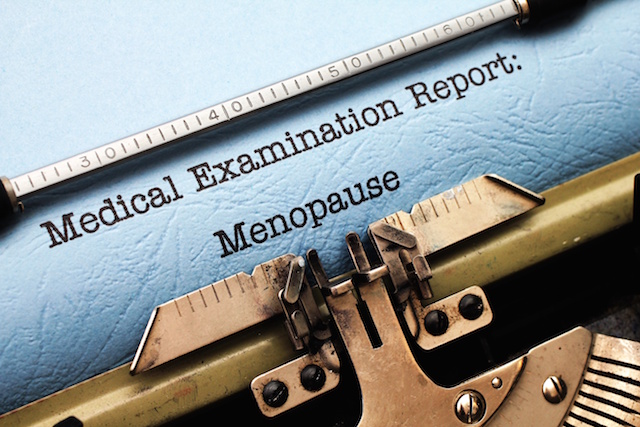
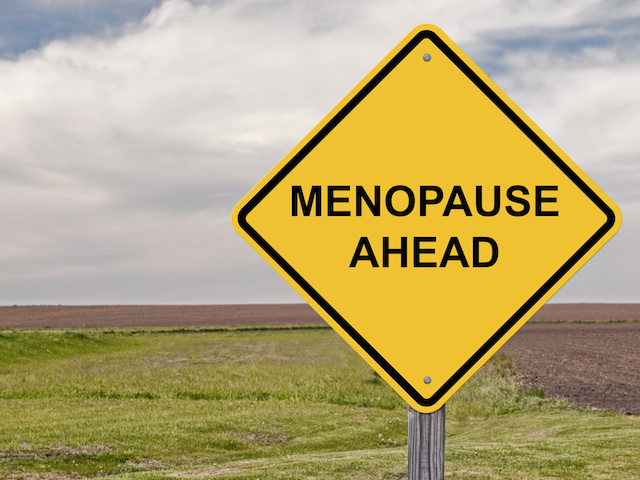
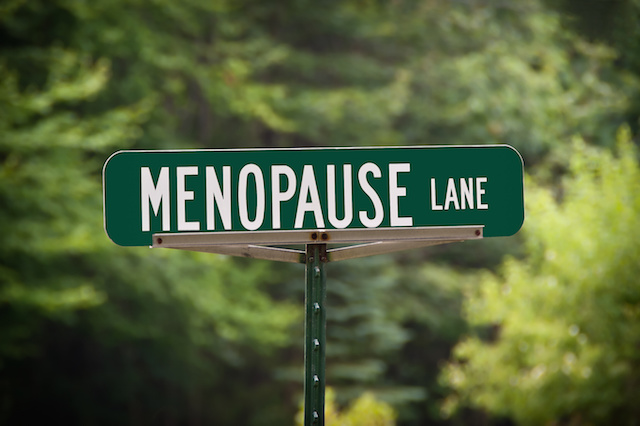


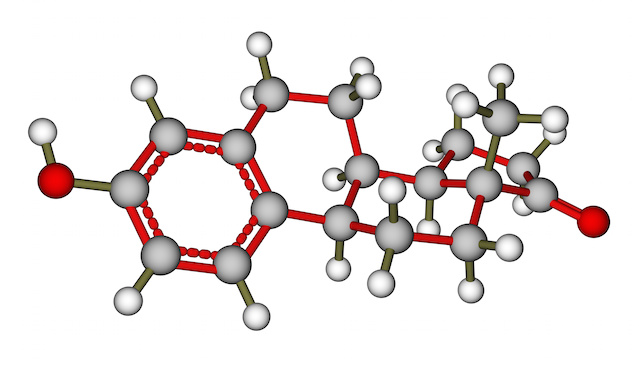
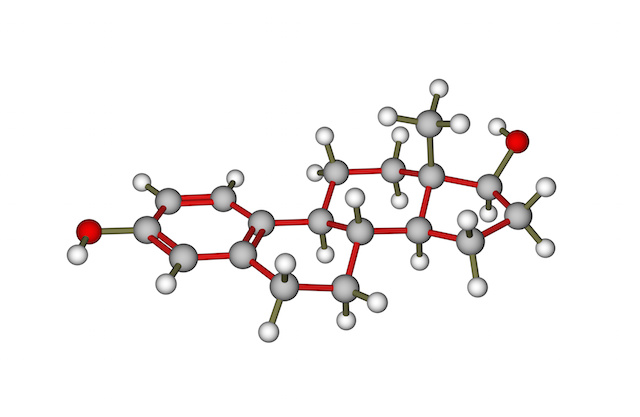
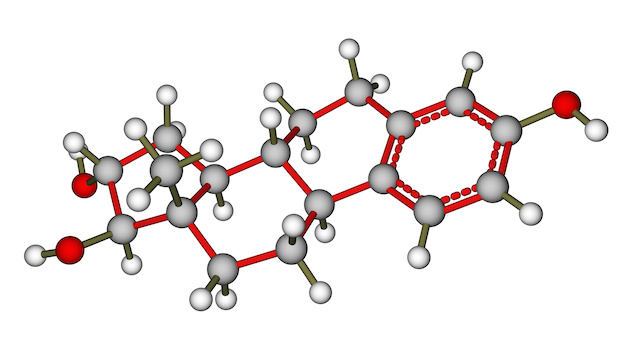

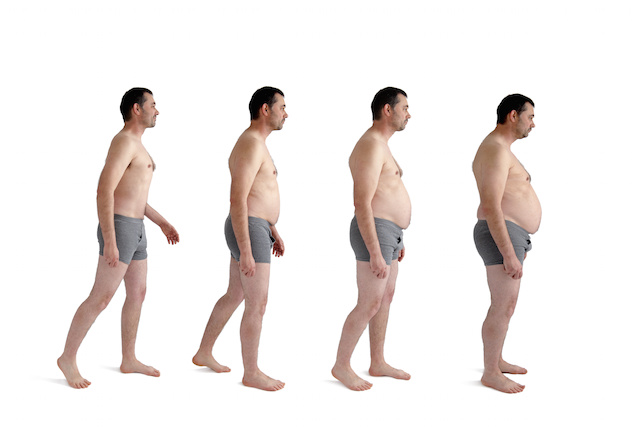



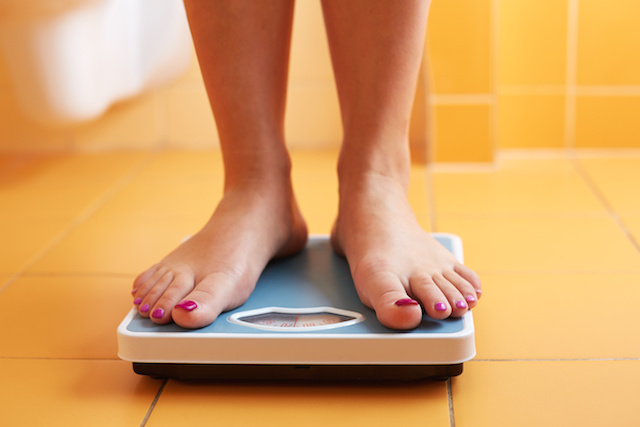
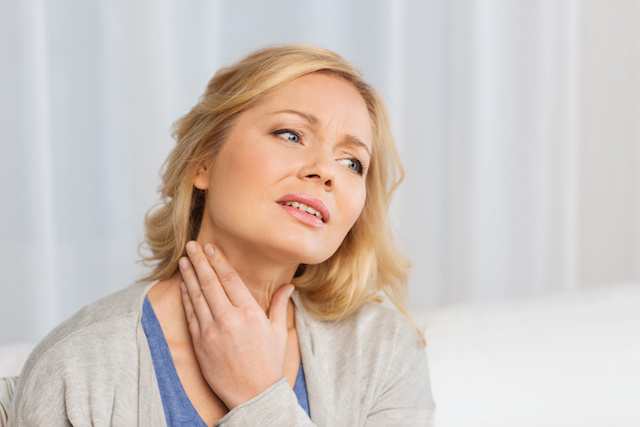

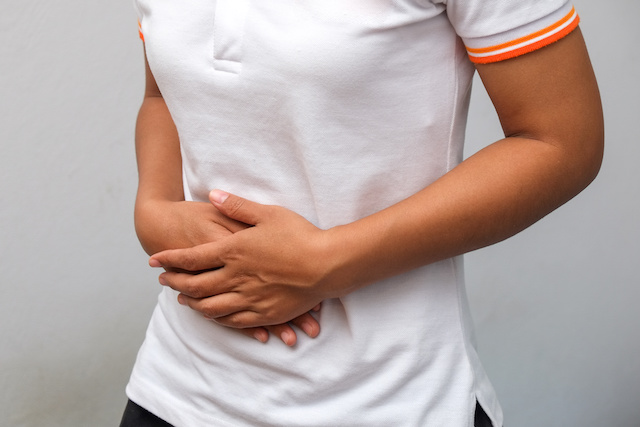
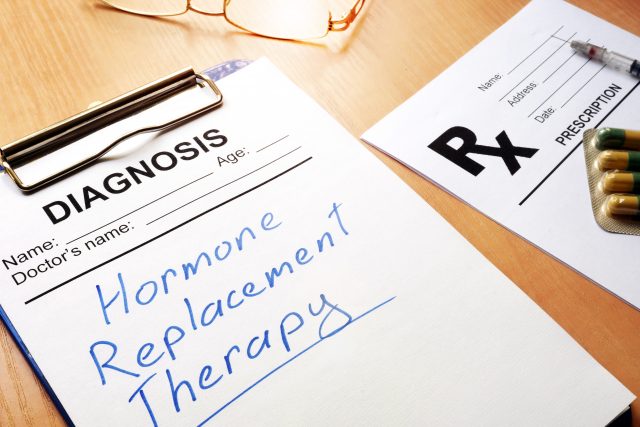

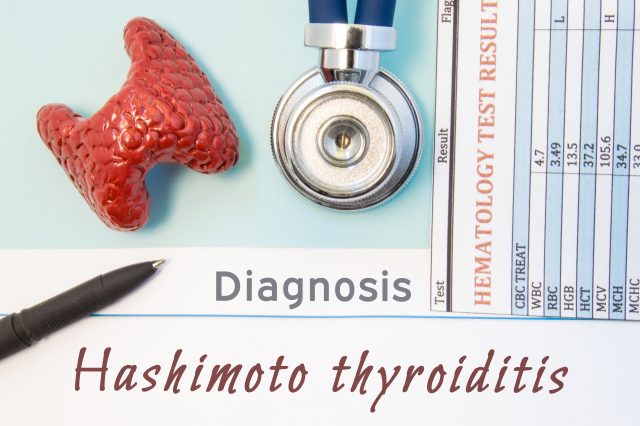
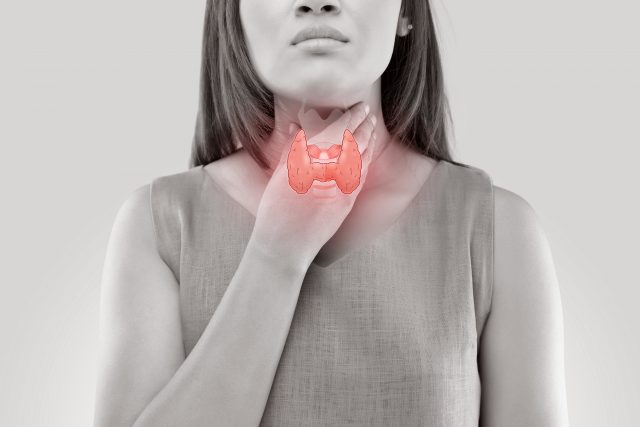


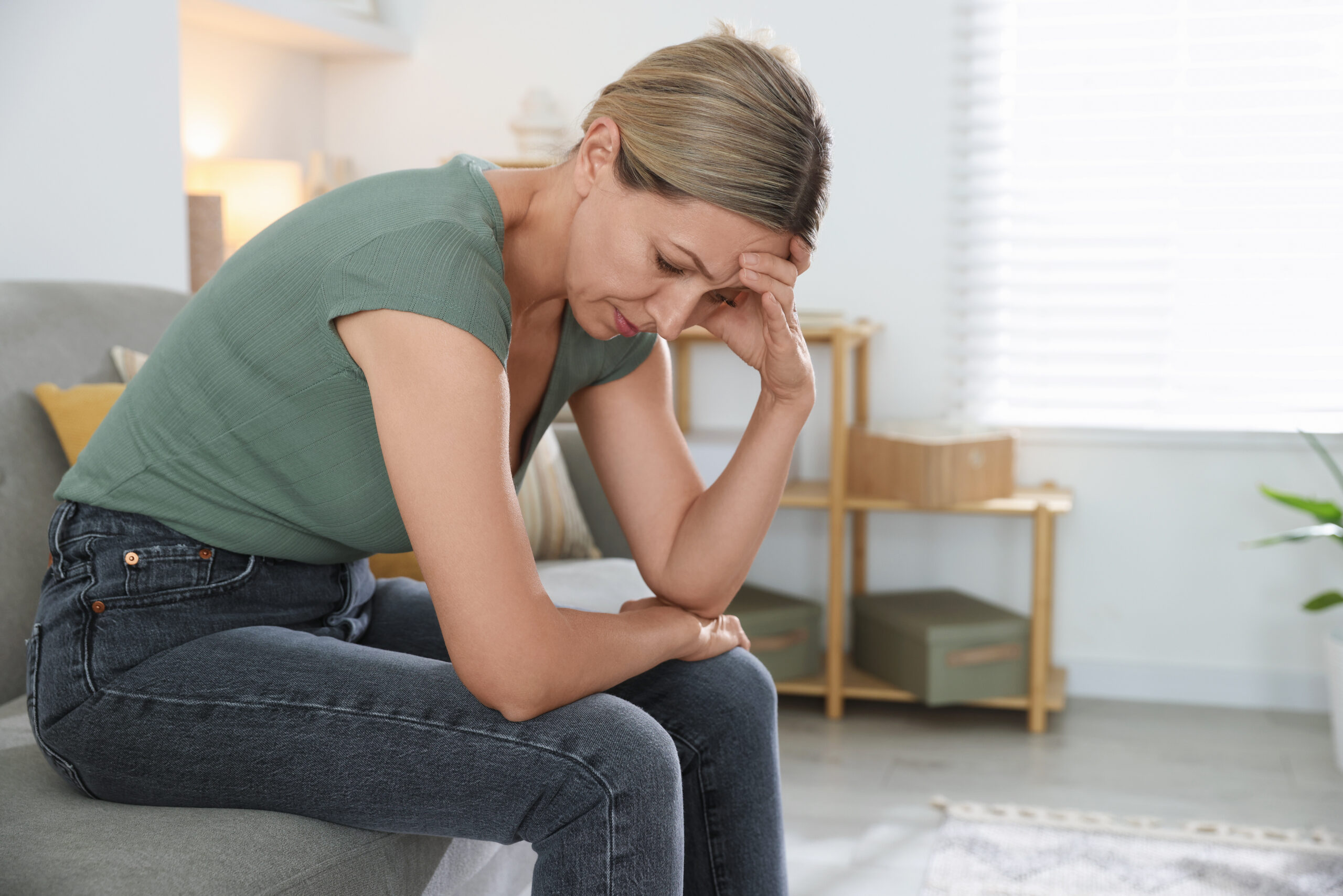
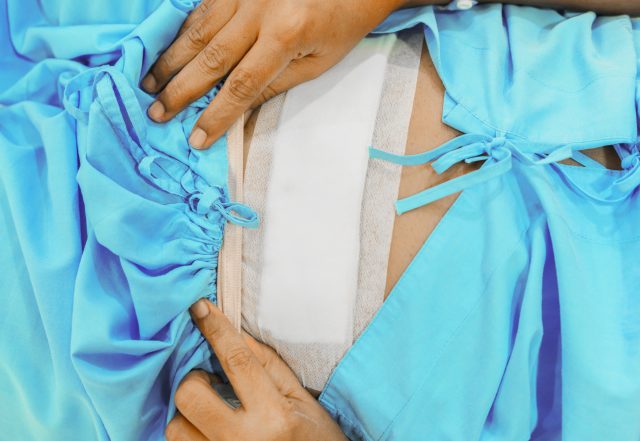
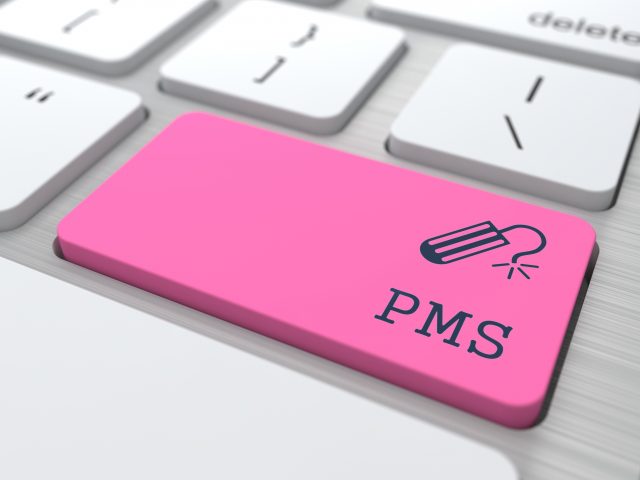
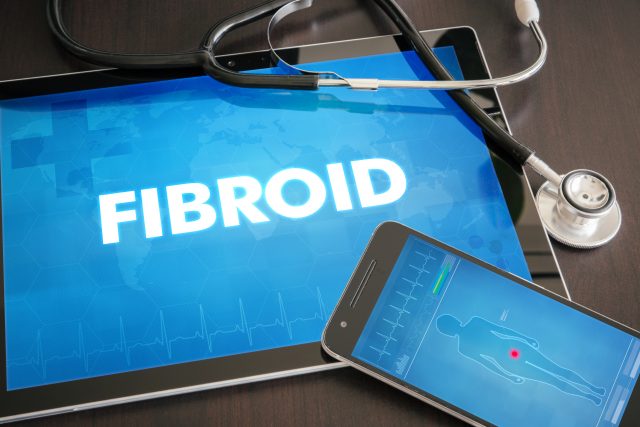
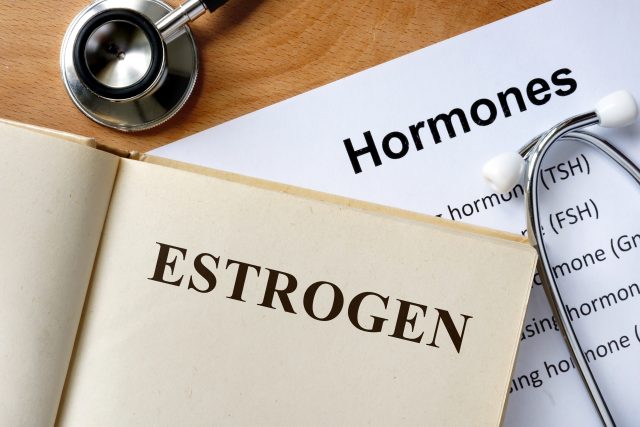

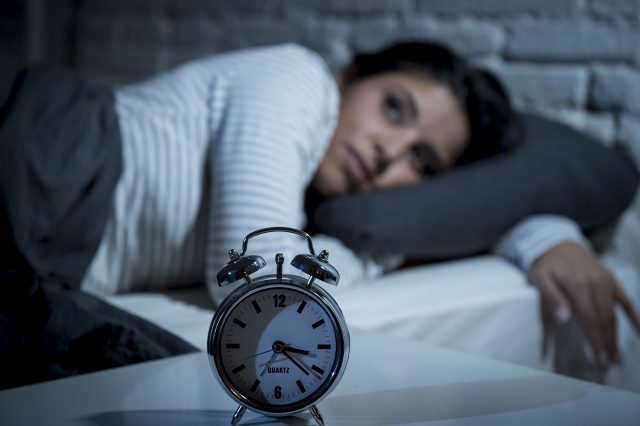
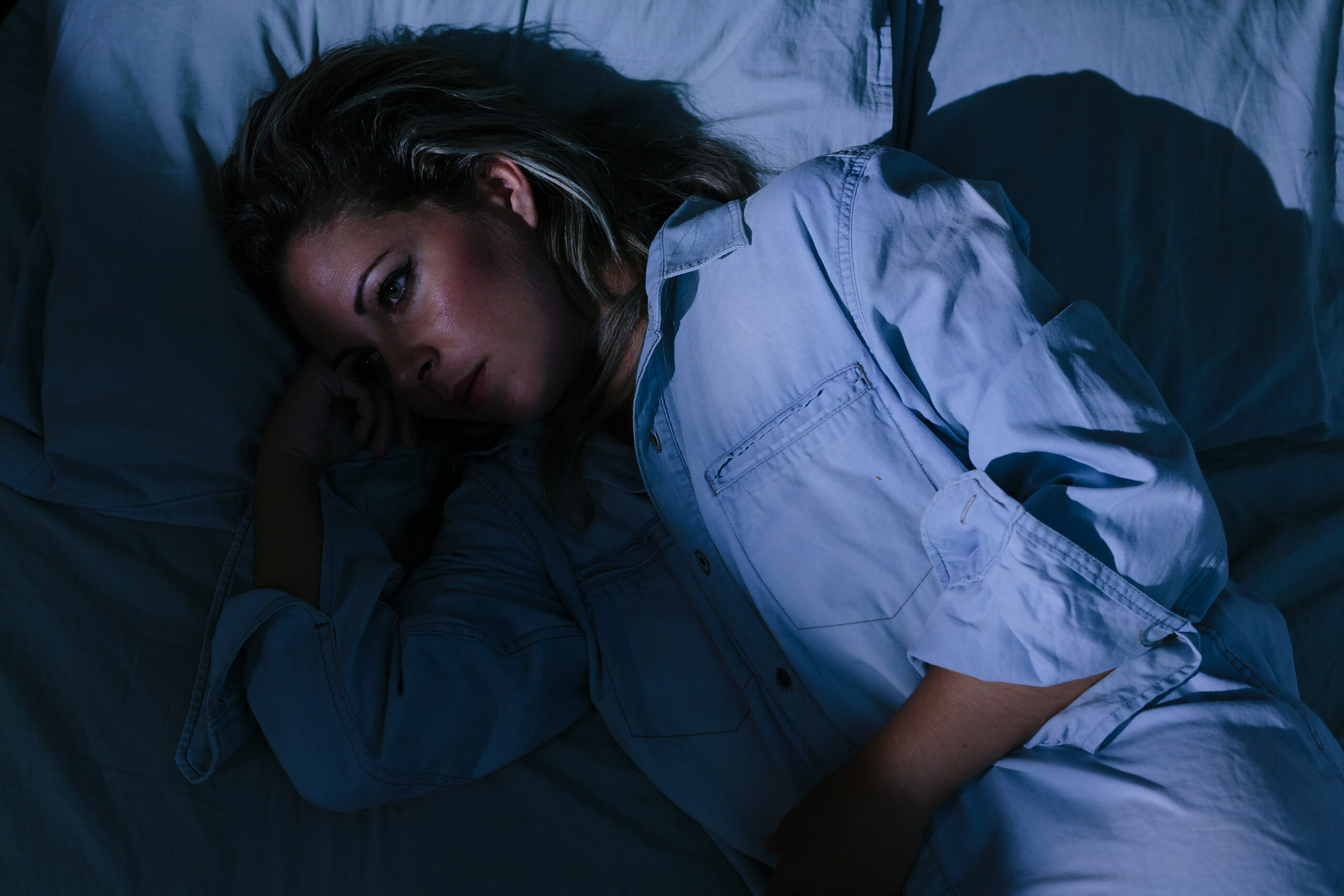
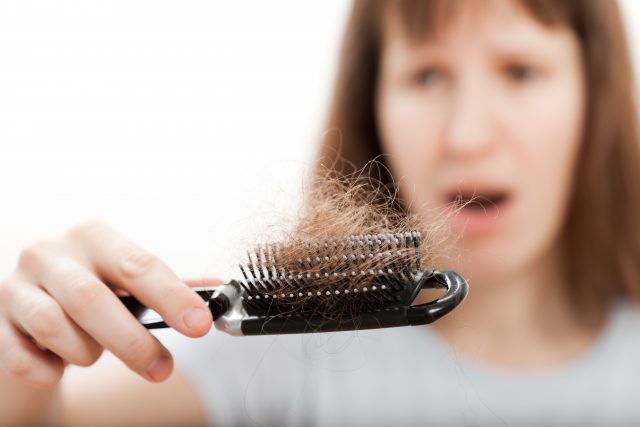
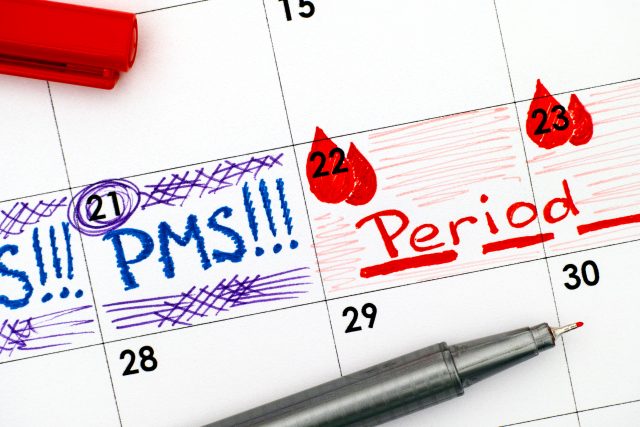

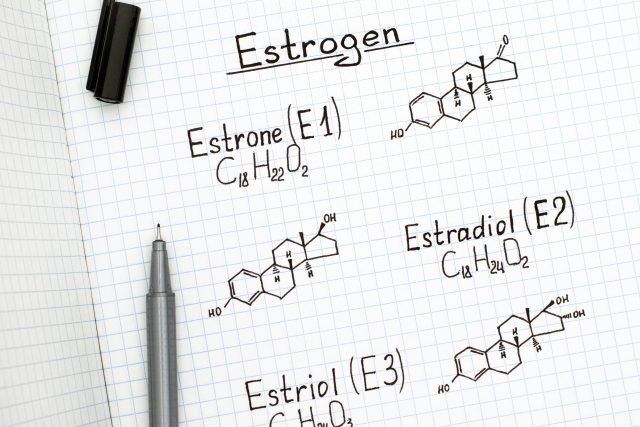
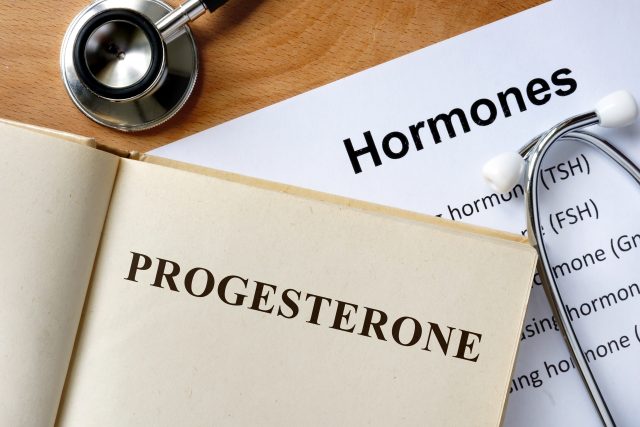
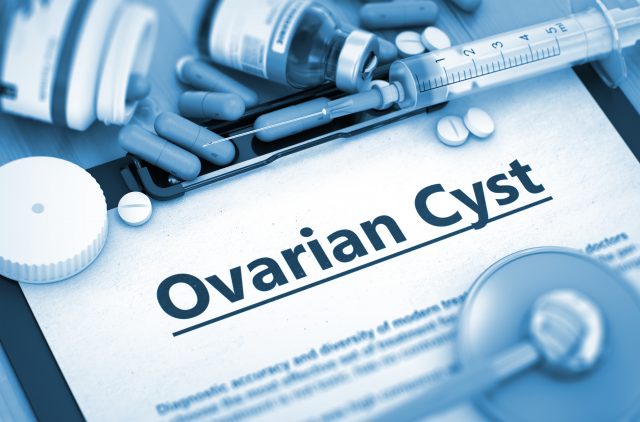

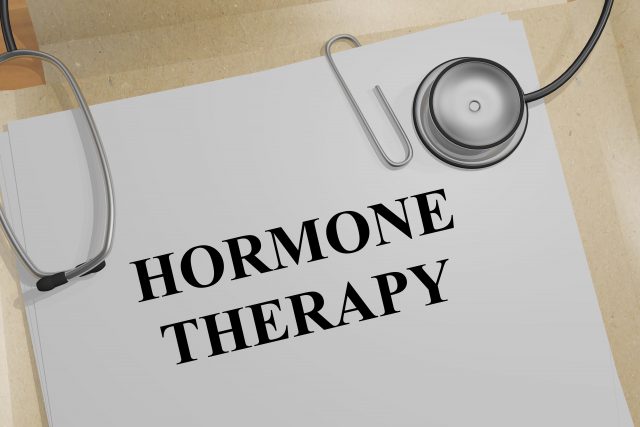
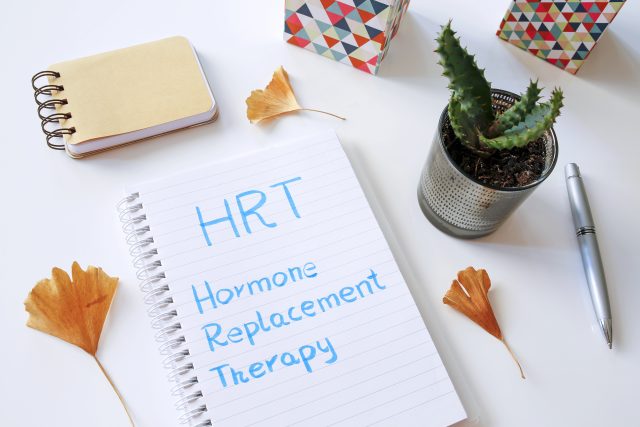
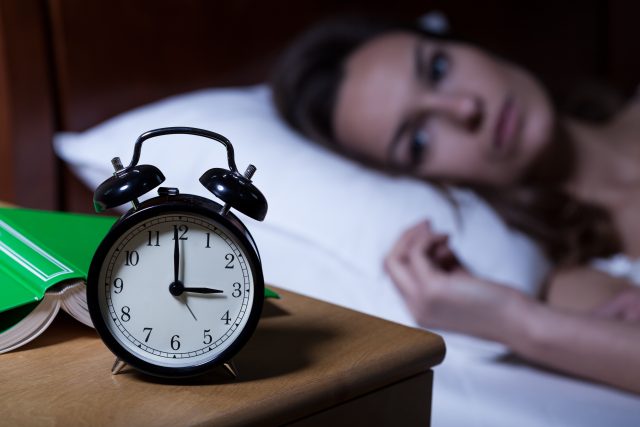
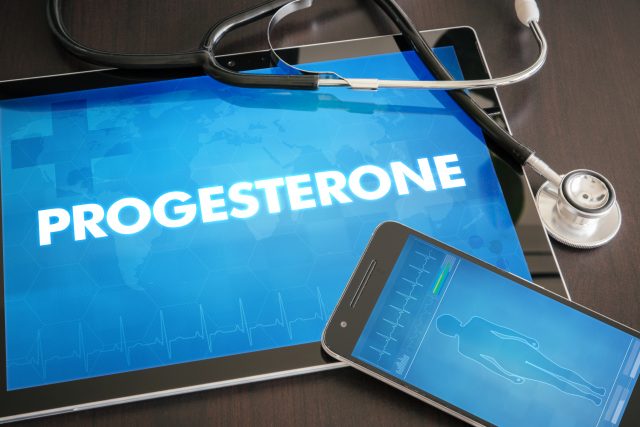
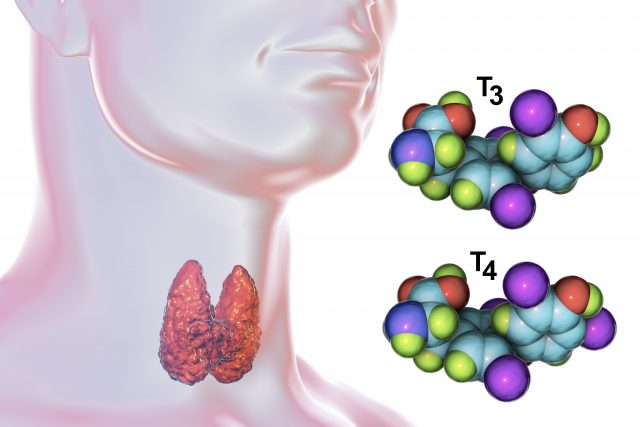
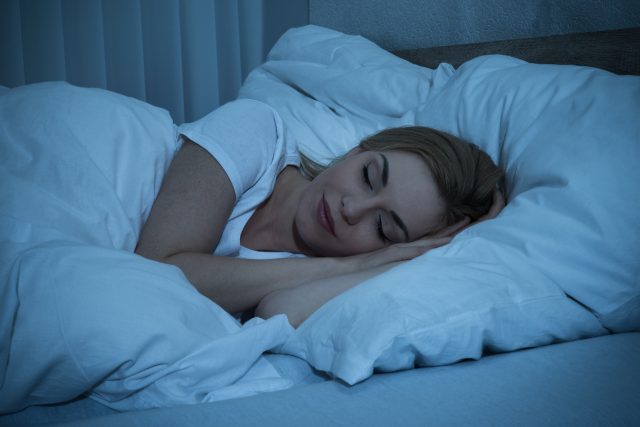
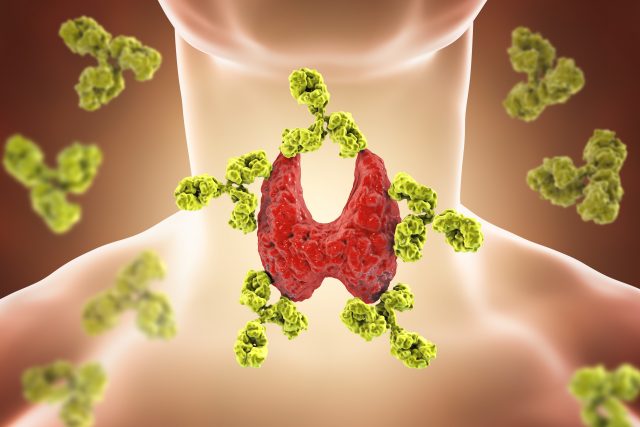
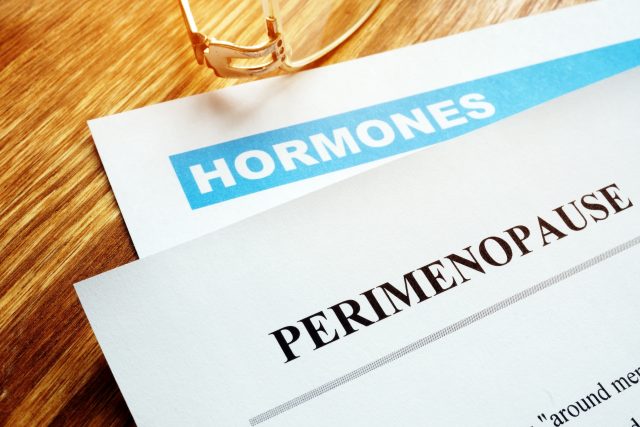
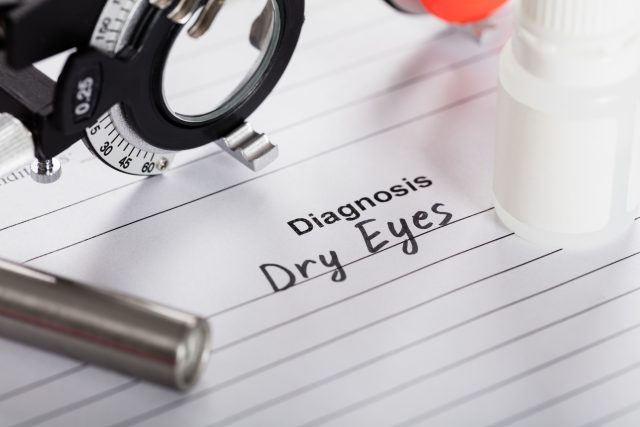
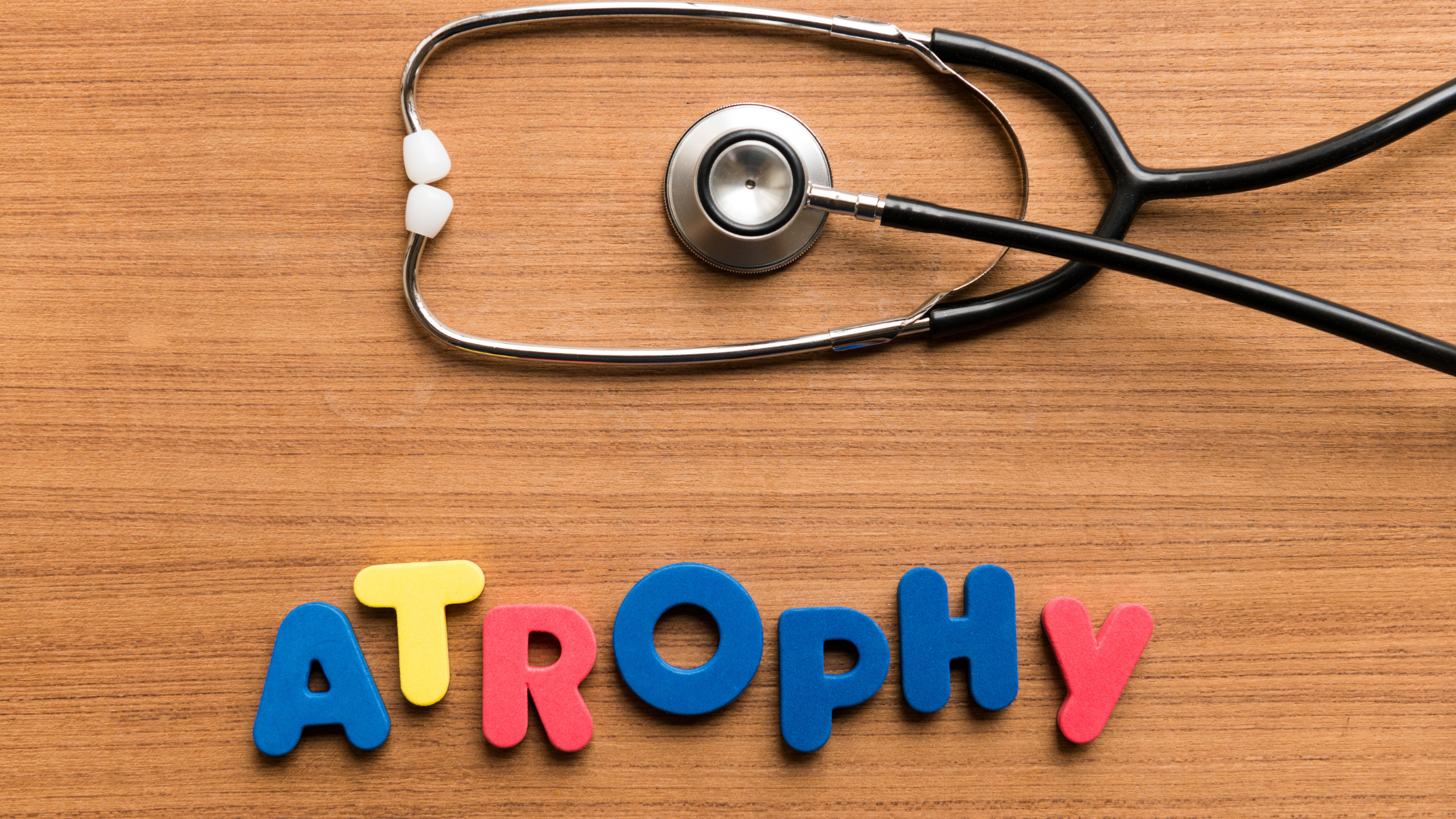

So for atrophy and the dryness that accompanies it, is it Estriol only? Or, is it Estriol and Progesterone? I keep reading differing opinions on this subject. Some say DHEA and Estriol and Progesterone together for atrophy. Another hormone for atrophy is Pregnenolone. Which is it?
Great question! I understand the confusion about which hormone is best for vaginal atrophy. Estrogen is the best source for vaginal atrophy. Estradiol (E2) can be pretty strong, so applying it to the vaginal tissues can result in the estradiol entering the bloodstream and raising the estrogen/estradiol levels in the blood. While Estriol (E3) is much weaker or gentler than estradiol. Estriol can hydrate and correct vaginal atrophy without entering the bloodstream. Estrogen is what helps to “mature” a vaginal cell. An immature vaginal cell is called a Parabasal cell. If you have vaginal atrophy you will have a lot of parabasal cells. You might have heard or seen this on a pap smear report that there is predominantly Parabasal cells. By applying estrogen or estriol in particular, this can help mature the Parabasal cell into a mature vaginal cells, helping vaginal atrophy. Topical progesterone, pregnenolone and DHEA do not have that same effect of maturing the Parabasal cell into a mature vaginal cell. Although, I have found using DHEA topically to the vaginal tissues can help with libido and there have been a few patients that noticed that the DHEA vaginally did help with the their postmenopausal dryness. I know I am being pretty wordy here. But to answer your question, estriol is going to be better choice (and safer compared to estradiol) than DHEA, progesterone, pregnenolone or a combo for vaginal atrophy. But if you cannot obtain or do not want to use estriol, then DHEA may help with vaginal atrophy. I hope that answers you question, and please feel free to respond if you need clarification or have more questions. take care, DrD